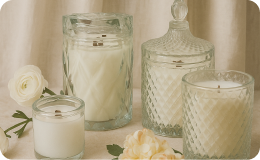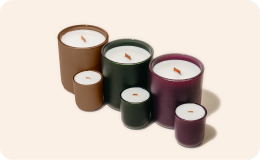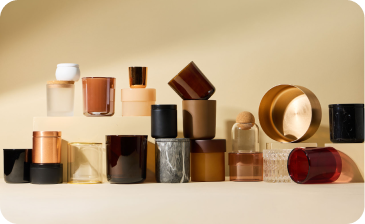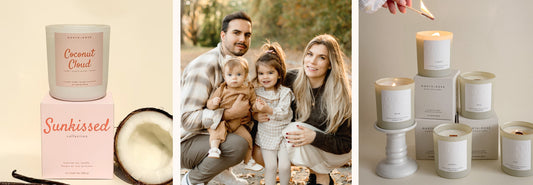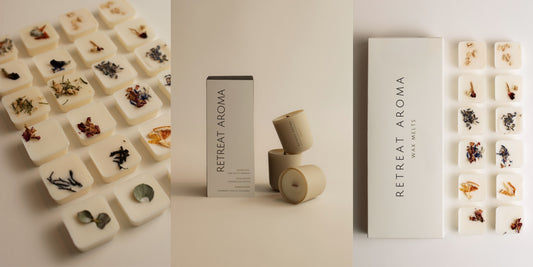Meaning Of Common Skin & Haircare Claims
In this video, Matt, our skin and haircare expert, alongside our president, Charlotte, go through the common claims that can be used for skin and haircare products, how to know if your products qualify for them, and the best way to go about the certification processes for each one, if necessary. There are a lot of terms that get thrown around in the skin and haircare world and we know it can be tricky to figure out which ones require a certification/what you need to do to make sure your products comply with them.
- Natural vs. Organic vs. Bio-based: Natural is definitely the broadest term and basically refers to no synthetic byproducts from the product and that it is not derived from any petroleum products. Organic is pretty hard to define nowadays because there are so many different metrics to measure if something is organic or not, but the best advice we can give you is to choose an organization that you trust and want to follow and go with their certifications. Bio-based is a relatively new term and is a new initiative that was launched by the USDA to erase some of the ambiguity that comes from labelling something as natural and organic. Bio-based refers to a product that is derived from natural products first (so, earth, water, and plant-based material only). They have their very own seal of approval, so you can look out for that on products. Just to recap, natural products don't need certification but organic and bio-based do! For organic, check out the NSF Foundation and for bio-based, like we mentioned, check out the USDA Bio-Preferred Website.
- Safe for Sensitive Skin/ Dermatologist Approved: Every product that hits the market usually goes through repeat insult patch testing, which is a clinical form of testing that evaluates product safety when applied to skin in a patch-like manner. This test's result is then reviewed by a dermatologist who eventually gives the stamp of approval.
- Vegan: This is a common claim nowadays for most food, skin and haircare products. this means that the product is free of animal components, byproducts, etc. In most cases, skin and haircare products are generally derived from plants, so you should be safe, but if there is something like goat milk for example, make sure to let the consumer know. One important ingredient to watch out for if you want a vegan line of products is beeswax. You should opt for synthetic beeswax so its bee-friendly!
Check out our video on Leaping Bunny Certified, which basically talks about the gold standard for cruelty-free products and how to get certified if this is something important for you and your business.

